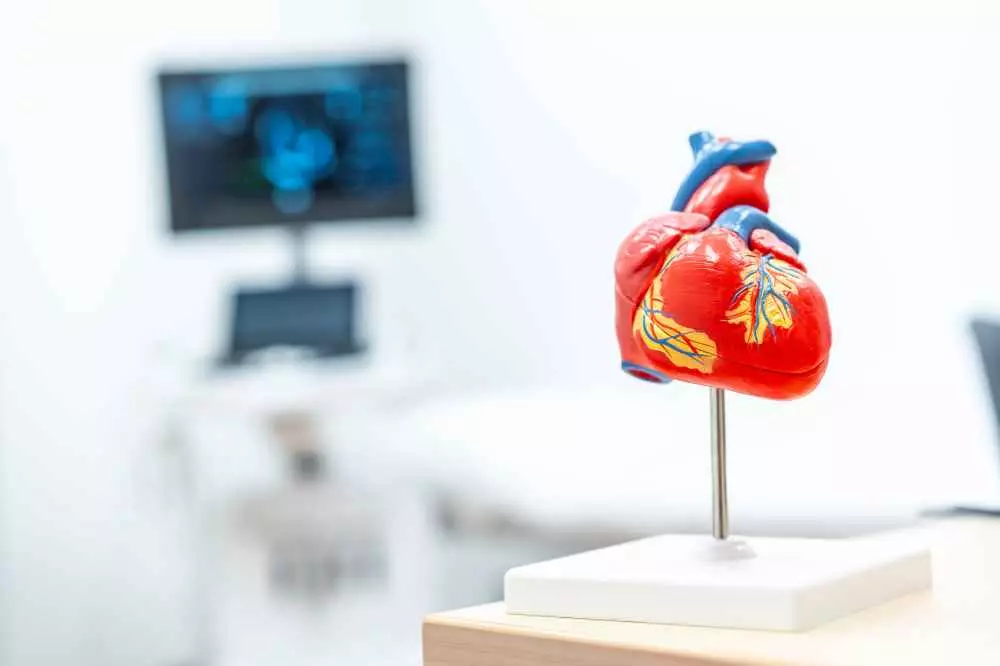Medical specialties: current trends in diagnostic and therapeutic management
A modern approach to medical specialties
Today, medical developments and technology are changing the way doctors diagnose and treat various conditions. Medical specialties play a key role in this evolution, providing quality care to patients in specialized areas of medicine. In this article, we will discuss current trends in diagnostic and therapeutic management in various medical specialties.
Cardiology: technologies in the diagnosis and treatment of heart disease
Chest pain, shortness of breath and irregular heartbeat are just some of the symptoms that can indicate heart problems. Cardiology, like no other medical specialty, relies on advanced technology to diagnose and treat heart disease.
One of the latest trends in cardiology is the use of magnetic resonance imaging (MRI) cardiography to accurately diagnose defects in the structure of the heart. MRI allows for accurate imaging of organs, giving cardiologists the ability to identify structural problems in the heart.
In the treatment of heart disease, pumps driven by blood circulation, called VADs, are becoming more common. A VAD is a surgically implanted device that helps the heart pump blood, especially in patients with heart failure. As a result, patients can enjoy a better quality of life and longer survival.
Neurology: innovations in diagnosing and treating neurological disorders
Neurological disorders, such as Alzheimer's disease, Parkinson's and multiple sclerosis, pose challenges for patients and doctors. However, modern technology and advances in neurology are making it possible to diagnose and treat these conditions more effectively.
PET (positron emission tomography)brain imaging is one of the most advanced diagnostic tools in neurology. PET allows visualization of brain activity, which helps detect changes characteristic of certain neurological diseases.
In the treatment of neural disorders, deep brain stimulation (DBS) is becoming increasingly popular. DBS is a neurosurgical procedure in which electrodes are implanted in specific areas of the brain and generate electrical impulses that benefit symptoms of neurological disorders.
Gynecology: a new approach to women's health
Gynecology, which deals with women's reproductive health, also benefits from modern technology and innovative therapeutic approaches. Various specialties in this field, such as gynecologic oncology and gynecologic endocrinology, have a variety of diagnostic and therapeutic trends.
One of the latest trends in gynecology is telemedicine remote medical care through telecommunications technology. With telemedicine, patients can consult a doctor, receive test results and even get a prescription without having to visit a doctor's office.
In cancer therapy, immunotherapy is a new hope for patients with cancer of the reproductive organs. Immunotherapy harnesses the immune system's ability to fight cancer cells, minimizing the side effects of traditional therapies.
Summary
Current trends in medical specialties are a testament to advances in science and technology in the medical field. Cardiology, neurology, gynecology and many other medical specialties are using state-of-the-art diagnostic and therapeutic tools to provide the best care to patients. Thanks to these innovations, doctors are better able to effectively diagnose and treat various conditions, helping to improve patients' quality of life. Keep in mind that advances in medical specialties are continuous, so it's always a good idea to stay on top of the latest trends and technologies in the medical field.